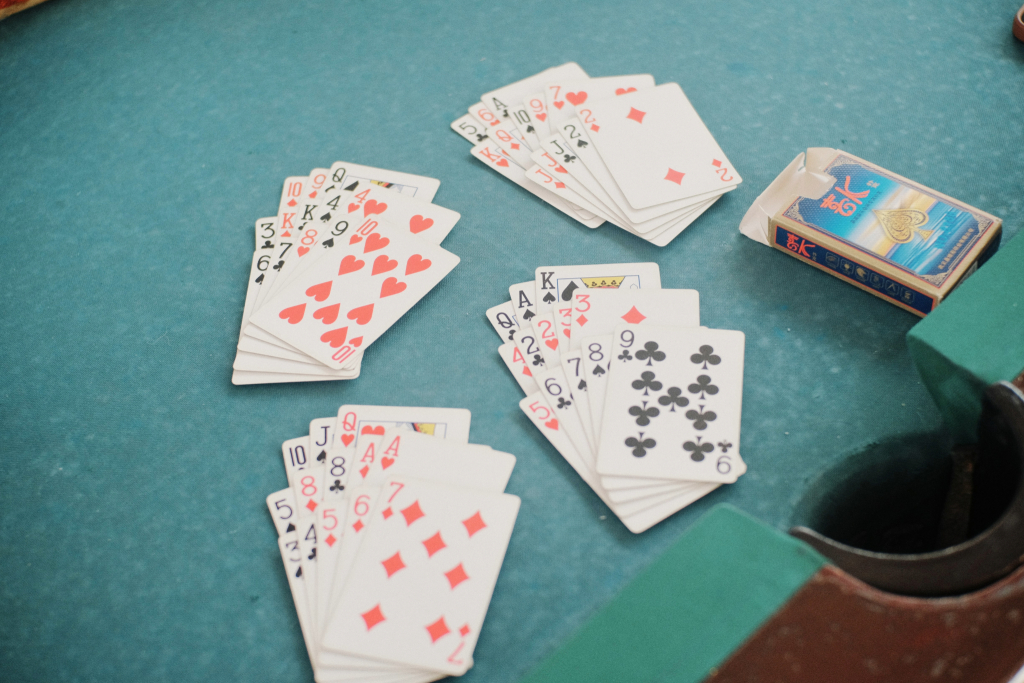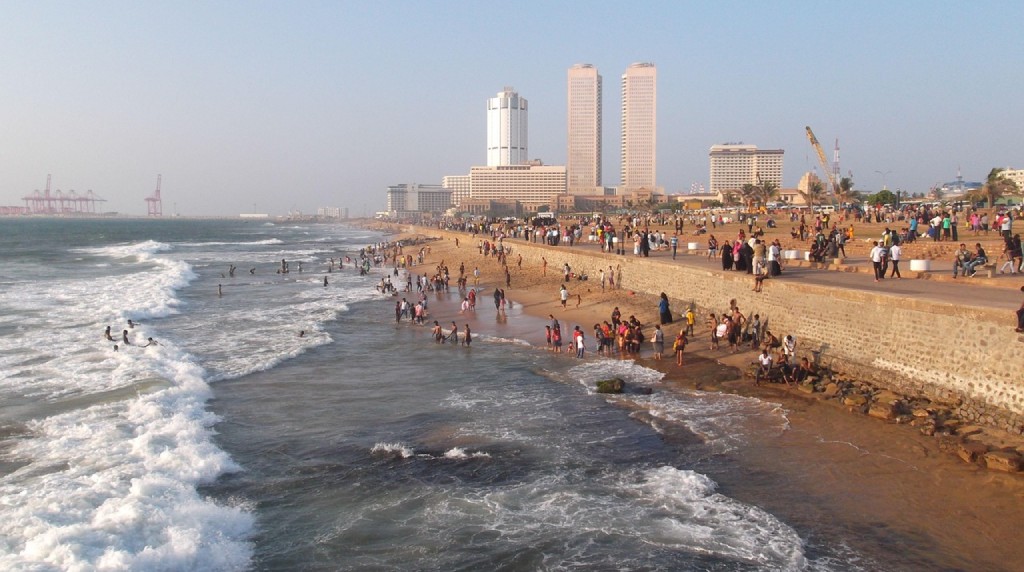French Gambling Authority Launched
L’Autorité Nationale des Jeux (ANJ), the new French regulator, has been set up and will now take charge of the regulation of gambling in France after its first meeting. The body will now take over from its predecessor, l’Autorité Nationale de Régulation des Jeux en Ligne (ARJEL) and will oversee all types of gambling that take place in the country.

The ANJ will now take over from ARJEL as the regulator for online gambling in France. The new regulatory body will also regulate all other forms of gambling in the country, with the aim to improve the ease of legislating for them. ©Free-Photos-Pixabay
Whilst the agreement for the switch from ARJEL to the ANJ has been in place since the 4th of March 2020, the new body did not become the country’s official regulator until its board members met for the first time on the 22nd of June, which symbolized the transition of power from one entity to the next.
The remit of the new regulator is to oversee gambling in France of all forms, as opposed to purely focusing on online gambling, which is what ARJEL did. Now, a single regulator will be in charge of casinos, horse racing, lotteries, and online gambling. The French government hopes this will streamline the process of licensing and regulation changes, ultimately making them easier to implement.
The ANJ will now watch over the 14 operators that are licensed to conduct business in France, as well as the online and scratch cards that are sold by the company Française des Jeux (FDJ) and brick and mortar retail betting shops, like those owned by Pari-Mutuel Urbain.
The ANJ will also be responsible for the regulation of the 202 casinos that are spread across France. The regulatory body will not have to preside over issues about money laundering or the integrity of these venues, however. Any problems involving these will be overseen by the French Ministry of Home Affairs instead.
According to the board members of the ANJ, this new organization will now cover 78% of the regulated businesses in the French gambling market. If this figure is compared to that for ARJEL, the difference is stark, as the previous regulatory body covered just 11% of the market.
How Will the ANJ Run?
Those who are in charge of the new regulatory body were keen to immediately set out that the ANJ would not just be an extension of the previous regulator. The board members have emphasized the necessity for widescale re-organization within the body to adapt to the changing landscape of the gambling industry.
The president of the ANJ, Isabelle Falque-Pierrotin, has stated that her aim for the body is for it to combine support for players and regulation and control of operators seamlessly, to better protect the people gambling in France and to ensure a healthy and profitable market for the industry.
The ANJ will have four key areas that it will focus on in its aim to effectively regulate all branches of the industry. The body will focus on preventing problem gambling and on the protection of children and young adults from such behaviors.
The regulator will also aim to improve integrity in the industry. To do this, the ANJ hopes to improve the reliability and transparency of companies offering gambling services, as well as within the regulator itself. This will also help to prevent criminal enterprises within the sector, helping to reduce fraud.
Finally, the ANJ will aim to improve the fair development of games in France in a balanced and equal manner.
The ANJ will also be a more powerful organization than its predecessor. The regulatory authority will now have the power to tell an operator to remove advertising content, and the ability to undergo on-site changes on operators.
The board members are currently strategizing the ANJ’s approach to the regulation of the French gambling market. These strategies will include methods to tackle problems such as gambling addiction, the prevention of gambling by minors, and other issues that are often intertwined with gambling like money laundering and fraud (including terrorism financing).
The ANJ has emphasized its desire to focus on the issue of problem gambling. In France, there are an estimated 1.2 million people who are currently suffering from gambling-related problems. The ANJ is keen to help these citizens by improving how information can be dispelled to them. This information will include methods to keep their gambling habits sustainable.
To improve this issue the ANJ will focus on streamlining the self-exclusion register in France. This will be done by introducing a new registration process. The register will also be backed up by responsible gambling tools.
This self-exclusion register is currently run by the Ministry of the Interior in France, but the ANJ will take over the management of this from September onwards.
Another tool that the ANJ plans to utilize in its quest to improve the prevalence of responsible gambling in France will be to work hand-in-hand with financial groups in the country. By collaborating with bodies such as banks, the ANJ hopes to get a better handle on problems like criminal involvement in the gambling industry.
The body is also going to take over the licensing process in France. This will give the ANJ the power to oversee the categories of games that operators are allowed to offer, as well as their advertising strategies and their plans to tackle the issues that have been previously mentioned like money laundering. The ANJ will also be expected to review the licensing conditions regularly.
Future of the French Gambling Market
The ANJ is taking the reins from ARJEL at a difficult time for all industries. The outbreak of the novel coronavirus COVID-19 in Europe led to widescale lockdowns across the continent and France was no exception to this, with the government shutting down shops, restaurants, and importantly, sports matches.
Recent reports have suggested that the impact of COVID-19 on the gambling industry in France as a whole has not been as massive as might have been initially feared. Reports from the industry for the first quarter of 2020 showed that the gambling market did not show any distinctly worrying signs from the lockdown.
Many fear that the worst is still to come, however. The reports from the first quarter include revenue from times when there was no lockdown in place, and sport was still being played. Many believe that now, the true impact of COVID-19 will be seen in the second quarter of the year, as well as in subsequent financial reports further down the line.



